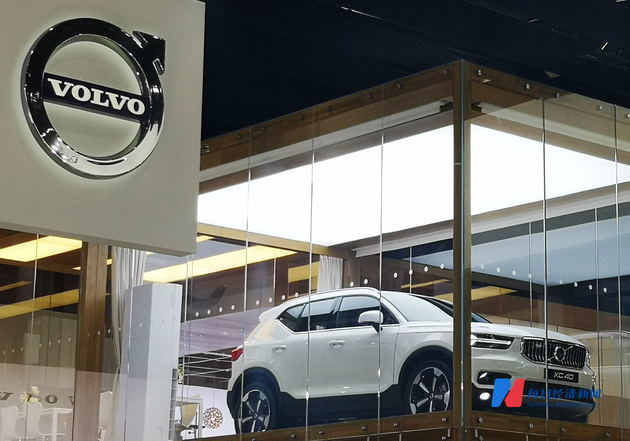
File Photo/NBD
March.1 (NBD) -- Volvo Cars signed an agreement with the Chinese city of Chengdu on Tuesday, with the two parties set to work together to create a green automotive industry ecosystem.
The Swedish carmaker and the city are hoping to introduce a high-end, all-electric car model, as well as optimize the in-production models at its Chengdu base.
City mayor Wang Fengchao, and Yuan Xiaolin, Global Senior Vice President of Volvo Group and President and CEO of Volvo Automobile Asia Pacific Region, attended and witnessed the signing ceremony.
Volvo Chengdu Factory is the first vehicle production base set up by Volvo Cars in China. Since it was founded in 2011, the cooperation between the two sides has been fruitful.
At present, Volvo Cars is pushing forward the comprehensive electrification transformation, achieving breakthrough development in cutting-edge automotive technology fields such as electrification, intelligence, and autonomous driving. It is believed that its brand-new high-end all-electric vehicle will fill the gap in the city, promoting Chengdu's transformation in the automotive industry.
The agreement comes just one day after FAW-Toyota and Chengdu jointly launched an SUV project in the city. The two parties set to cooperate to introduce the new SUV model equipped with Toyota's latest hybrid power system.
FAW-Toyota Chengdu Factory has been making great contributions to Chengdu's automobile industry and economic and social development since its establishment in 1998.
The factory has now introduced Toyota Motor Corporation's latest TNGA production platform, forming a production base with complete production processes, including stamping, welding, painting, resin forming, and assembling. It has production qualifications for both commercial vehicles and passenger cars, producing Skoda and AVALON models.
The new agreement will see FAW-Toyota upgrade Chengdu Factory for green manufacturing and introduce the SUV model powered by its latest hybrid engine system, with an expected annual output of up to 36,000 units.


 川公网安备 51019002001991号
川公网安备 51019002001991号





